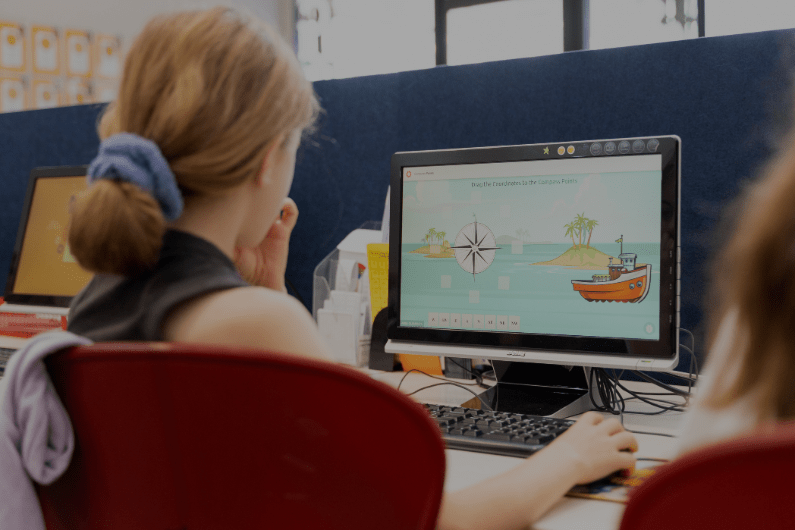Make Study Effective

With the recent interest in the brain and how it works, some new suggestions have come forward for better, more effective study. And some of them are in complete opposition to the study advice that has been given for a long time – advice that I have given to many a student over the years.
One of the key changes to the advice is regarding the place of study. The brain likes variation, so rather than having that designated, quiet study place in the home, it is actually better to study the same material in several different places with different background activities going on. Perhaps, first in the bedroom with music playing quietly, then in the dining room while dinner is being prepared and again in the car on the way to school.
Forgetting and re-learning is an important part of long term remembering. So doing short bursts of study regularly is more valuable than one long session. A good example would be:
- Make some notes for 10 to 20 minutes in your bedroom on the evening after it’s done at school.
- The next night, re-write the notes at the dining room table.
- Two days later, go outside and write a quiz on the topic.
- Next morning, get your mum or a friend to ask you the quiz questions in the car or at school.
So, here are some better researched tips to help your student to be a better learner:
- Study the same material in different places.
- Study the same material in short 10 to 20 minute bursts.
- Study the same material in different ways. Here are some different ways to repeat:
- Recite
- Retell
- Rewrite
- Answer a question
- Write a quiz
- Answer your own quiz or a friend’s quiz
- Answer a question from a past exam paper
These new approaches to study do not eliminate the one important factor - motivation. Students need to feel that there is a good reason to do the study. For some, internal motivation that the study will lead to some sort of success is enough. For others, an external reward, often monetary, is what works. However, I hope that following these tips will make study easier and yield better test results, and that will further motivate your student.
This approach, of varying how you look at the same material, doing it in short bursts and coming back to it, is exactly how the NumberWorks’nWords program works. Concepts and skills are presented and practised in a variety of ways. The hour long lesson covers two or three different topics and we come back to those topics again the next week. We also routinely review earlier topics every three weeks. The reward games provide immediate motivation and the success that students experience provides longer term motivation. It’s another way to make your child’s study effective.
This article is based on the works of Benedict Carey, Robert Bjork and Elizabeth Ligon Bjork, Henry Roediger III and Jeffrey Karpiche.
Janice McGuire, BA, Dip Ed – NumberWorks’nWords Subiaco



